Celebrating Astro Pi 2024
About the projects
Over the past few months, young people across Europe have run their computer programs on the International Space Station (ISS) as part of Astro Pi, an ESA Education project run in collaboration with the Raspberry Pi Foundation.
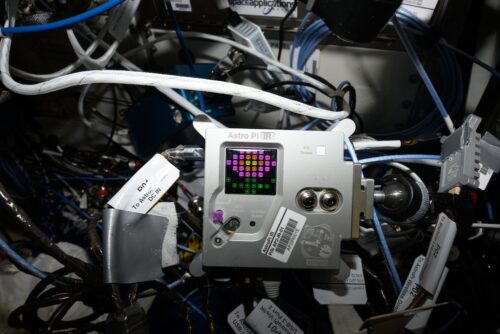
Astro Pi Mission Zero offers young people the chance to write a simple program that takes a reading from the colour and luminosity sensor on an Astro Pi computer on board the ISS, and uses it to set the background colour in a personalised image for the astronauts to see as they go about their daily tasks. In total, 16,039 teams and 24,663 young people participated in Mission Zero this year. This was a 3% increase in teams entering compared to last year.
Astro Pi Mission Space Lab offers teams of young people the chance to run scientific experiments on board the ISS. This year, 564 teams and 2,008 young people participated in Mission Space Lab. Compared with last year, there was a 4% increase in the number of teams who managed to achieve flight status and run their code in space.
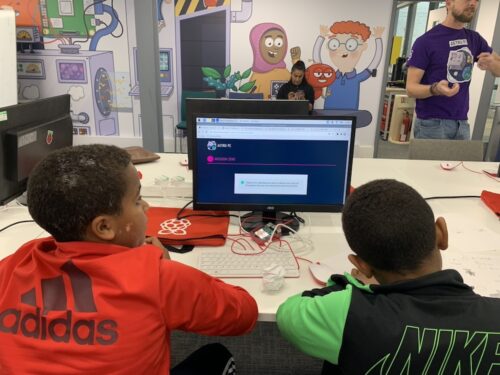
To evaluate the projects, we encouraged mentors to complete surveys once their teams had submitted their computer programs. Overall, 135 Mission Zero mentors (11% of mentors) and 56 Mission Space Lab mentors (15% of mentors) completed surveys. We also ran focus groups with mentors from both projects to understand their experiences and the impact of these projects on young people.
Impact on young people
Understanding how technology is changing the world
The mentors we spoke to told us how valuable Mission Zero and Mission Space Lab are because these experiences connect young people to real technology. Mentors felt that Mission Zero and Mission Space Lab bridge the gap between theoretical coding and tangible outcomes, giving young people the confidence to engage with technology.
“Participating in Mission Space Lab offers students a great opportunity to work with the International Space Station, to see the Earth from above, to challenge them to overcome the terrestrial limits. It’s very important.” — Mission Space Lab mentor
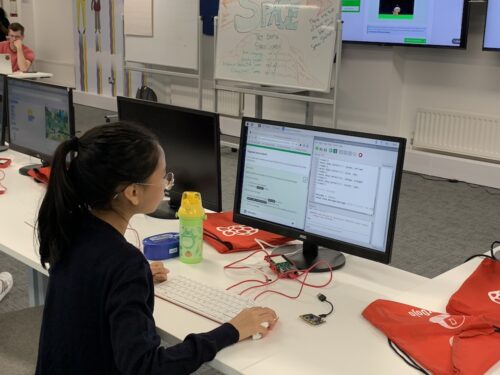
“We want students to use their digital skills as superpowers to make the world a better place and this competition really aligns with that because regardless of your race, your ethnicity, your gender, you can write some code that actually runs in space. And if you can do that, then you can make medical tech, or you can solve the big problem that the adults of the world are still grappling with, so it’s the opening up [of] opportunities.” — Mission Zero mentor
Mentors observed that the project inspired children to consider careers they previously thought were out of reach. Space exploration was no longer a far away and theoretical idea for the children, but something connected to their everyday lives and their own learning.
“Some of the people that I was teaching this to felt like becoming an astronaut was really difficult to learn… now it’s not necessarily a distant thing to study.” — Mission Zero mentor
Mentors also described how the young people gained confidence in their ability to engage with technologies. One mentor described the “self-esteem” and “pride” younger pupils gained from participation. Others talked about the confidence that came with achieving something like having their code run in space and receiving certificates proving they were “space scientists”.
Our mentors
None of this would be possible without the hard work and dedication of our mentors. So, as part of our evaluation, we wanted to understand how we can best support them. For Mission Space Lab, that took the form of assessing the new guidance that we published this year and that sits alongside the project. When we spoke to mentors, they told us this guide provided clear, step-by-step guidance that enabled the young people to work through the project, and the majority of survey respondents agreed: 89% rated the Mission Space Lab project guide as somewhat or very understandable.
We also heard from mentors about the ways they are using Mission Zero in a wider context. Some told us that their schools ran the project as part of space-themed weeks where they used Mission Zero in conversations about space exploration, the Hubble telescope, and learning the names of the stars. Others used Mission Zero across multiple subjects by designing images and holding art competitions based on the design, as well as learning about pixels and animations.
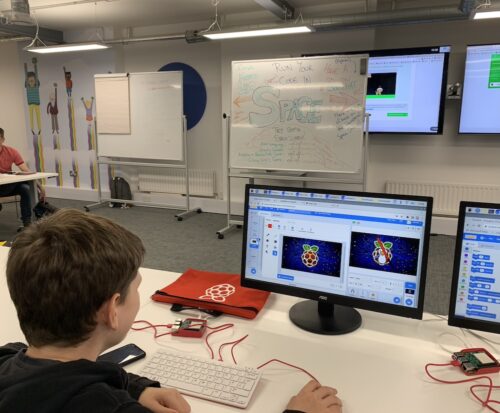
Additionally, it was a pleasure to hear about young people who had participated in Mission Zero in previous years gaining leadership skills by supporting other young people to complete Mission Zero this year.
Next steps
Thank you to all the mentors who provided constructive feedback through surveys and focus groups. We have read and considered every comment and will continue to consider how to improve the experience for mentors and young people.
We will publish an in-depth report with the findings of our evaluation later in the year; however, we’ve already made some changes to the programme that will be launching for the 2024/25 Astro Pi challenge and wanted to share these updates with you now.
Improvements for next year:
Mission Zero
- We’re adding a save button to Mission Zero to allow young people to work on this across multiple sessions.
- We’re adding new code examples to the Mission Zero project guide. These have been selected from team submissions from the 2023/24 challenge.
Mission Space Lab
- We’re creating an online testing tool for Mission Space Lab so that it will be easier for teams to test whether or not their code works. It will feature new data and images captured from the ISS in spring 2024.
We hope that all the young people and mentors who participated in last year’s Astro Pi challenge enjoyed the experience and learnt a lot. With the exciting updates we’re working on for the 2024/25 Astro Pi challenge, we hope to see even more young people participate and share their creative projects next year.
Project launch dates
- 16 September 2024: Mission Zero and Mission Space Lab launch
- 24 February 2025: Mission Space Lab submissions close
- 24 March 2025: Mission Zero submissions close
- April – May 2025: Programs run on the International Space Station
- June 2025: Teams receive certificates

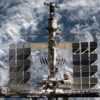


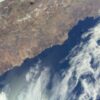
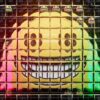
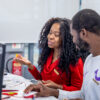
No comments